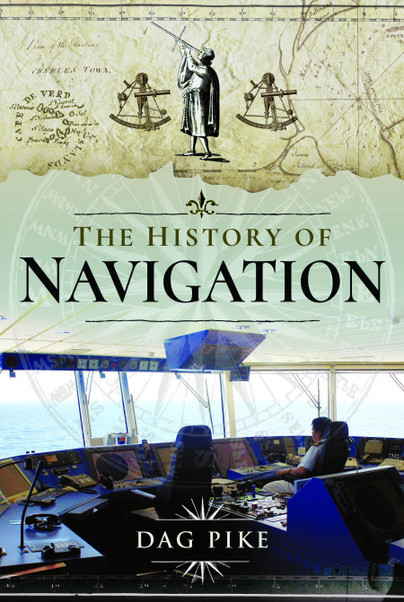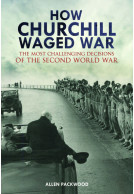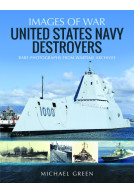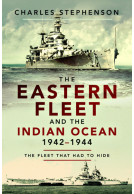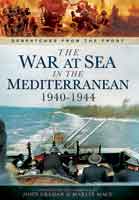The History of Navigation (ePub)
Imprint: Pen & Sword Maritime
File Size: 7.3 MB (.epub)
Pages: 209
Illustrations: 60
ISBN: 9781526731708
Published: 5th November 2018
| Other formats available - Buy the Hardback and get the eBook for free! | Price |
|---|---|
| The History of Navigation Hardback Add to Basket | £25.00 |
Today travellers by land, sea and air take accurate navigation for granted but it was not always thus.
The author, a highly experienced sailor, sets out to record the development of navigational techniques from the earliest time, five millenniums ago. As explorers started to venture offshore into the unknown they had to rely on the sun and stars for direction. From this pioneers turned to mathematics, astrolobes, sextants and increasing accurate clocks to measure latitude and later longitude. More recently major breakthroughs with electronic navigation, GPS and other satellite systems have revolutionised travel.
Focusing primarily but not exclusively on marine navigation, the author weaves a fascinating course through the successes and failures of mankind’s quest to explore his world. The result is a thoroughly entertaining and informative work which has no rival.
The author, a well experienced sailor, sets out to record the development of navigational techniques from the earliest time, five millennia ago. As explorers started to venture offshore into the unknown they had to rely on the sun and stars for direction. From this, pioneers turned to mathematics, astrolabes, sextants and increasingly accurate clocks to measure latitude and later longitude. More recently major breakthroughs with electronic navigation, GPS and other satellite systems have revolutionised travel, all well covered in this book. Focusing primarily on marine navigation, the author weaves a fascinating course through the successes and failures of mankind’s quest to explore his world of sea. A thoroughly entertaining and informative work.
Julian Stockwin
Read the full review here
As usual I read the book twice, once for the feel and enjoyment and once for the technical aspects. The author appears well versed in the history of navigation; he uses his fifty years’ experience to verify the aspects of navigation. The book reads well, is concise, maintains the interest of the reader and includes just enough personal touch to “not” make you feel that it is an autobiography. Illustrations are well placed and useful. It is worth reading just for the curiosity if not for the abundance of useful information on the subject. Knowing the evolution of an artform that is based on science helps practitioners move it closer to perfection. Other books I have read on the subject were too fluffy this one tells you something and moves on. I just started reading it again, for me.
Naval Historical Foundation
Read the full review here
An enjoyable, entertaining and educational book; Pike gets his subject across well and with ease, breaking a complex subject down into easily digestible chunks, which you understand need to work together to give an accurate position at sea.
Army Rumour Service (ARRSE)
Read the full review here
If you want to know how ships carry most of the world’s goods and many vacationing people to their destinations, this is an excellent book for enlightenment. If you want to know how navigators were able to determine their positions before computers and electronics came into use, but you don’t want to use a slide-rule or calculator, this book has all the answers you need. Finally, if you want to understand what was important for the navigator to know in any type of vessel, this is a great book to be your guide.
Pirates and Privateers, Cindy Vallar
Read the full review here
Listed in the 'Book Club' feature
Yachting Monthly, May 2019
This is a well-written, easy-to-read summary of naval navigation throughout the ages.
Model Ship World
Read the full review here
This is a fascinating account of mankind’s quest to explore his world from the earliest time, five millennia ago, to the present day.
Julian Stockwin Blog
Read the full review here
About Dag Pike
Dag Pike first went to sea aged 16 on tramp ships and experienced his first shipwreck two years later. He became the youngest Trinity House lighthouse tender captain aged 29. He went to become an Inspector of Lifeboats responsible for some 50 RNLI stations.
He has participated in six Atlantic record attempts and, as a member of the Italian Destriero project, made the fastest crossing averaging over 53 knots.
Dag has written over 40 books and contributes regularly to marine magazines worldwide. Having witnessed the Atlantic in all its moods and been shipwrecked twice, he is uniquely qualified to write this book.







